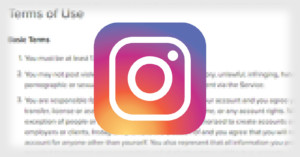
Adobe’s Terms of Use Controversy Provided an Opportunity to Improve
Less than two weeks after significant outrage concerning Adobe's Terms of Use, fueled in part by poor communication, a lack of trust, and good old-fashioned misinformation, Adobe has delivered its promised revised Terms of Use, complete with new explainer text and assurances.







